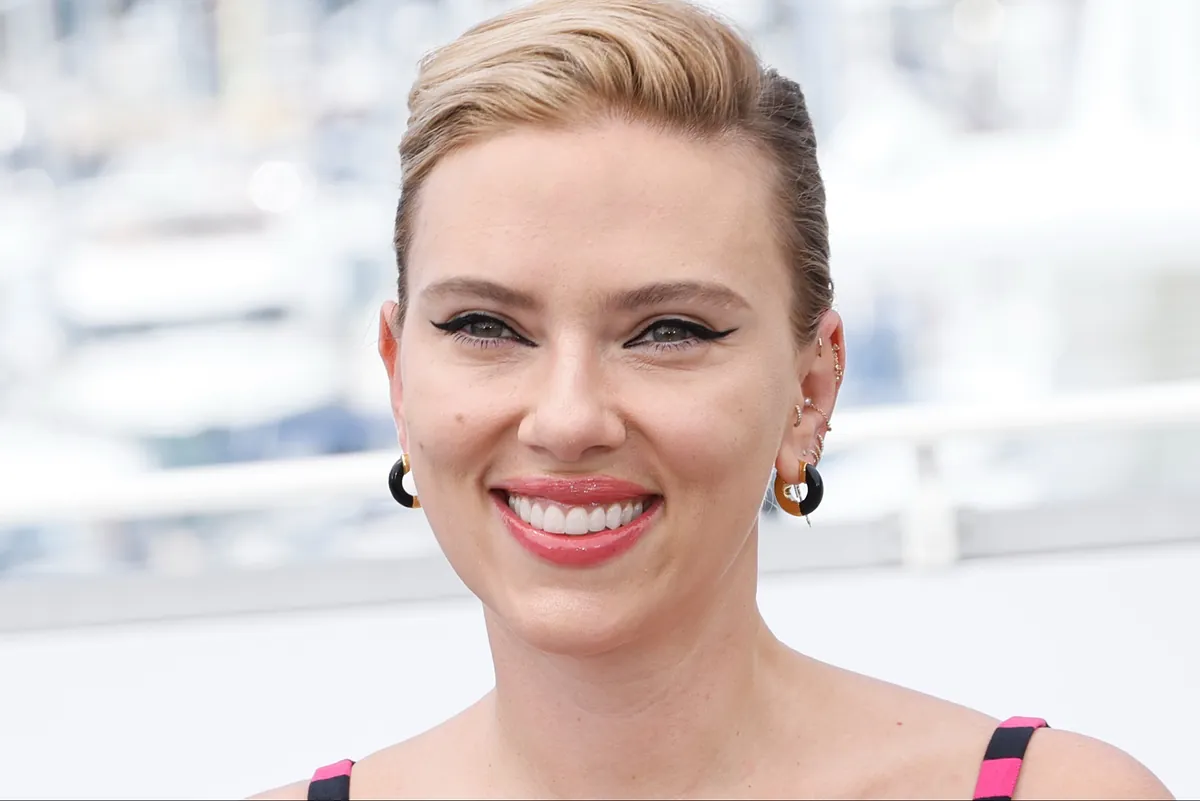
The battle over the use of AI tools in Hollywood is heating up, with artists, authors, and now actors gearing up for a legal showdown with generative artificial intelligence companies. Scarlett Johansson recently made headlines by threatening legal action against OpenAI for allegedly copying and imitating her voice without permission.
According to Johansson, OpenAI approached her to lend her voice to their new AI system called “Sky,” but she declined the offer. Despite her refusal, OpenAI allegedly went ahead and created a voice that closely resembled hers without her consent. Johansson expressed her shock and disbelief, stating:
“When I heard the released demo, I was shocked, angered and in disbelief that Mr. Altman would pursue a voice that sounded so eerily similar to mine that my closest friends and news outlets could not tell the difference.”
She also pointed to a tweet by OpenAI’s CEO, Sam Altman, referencing the movie “Her,” in which Johansson played the role of an AI assistant. This led her to believe that the similarity in the voice was intentional. In response, Johansson hired legal counsel, who sent two letters to OpenAI demanding an explanation of the process by which they created the “Sky” voice.
Johansson accuses OpenAI of copying her voice
A source familiar with the situation revealed that these letters were sent after OpenAI rolled out its demo, indicating a more aggressive and forceful approach from Johansson’s legal team. As a result of the legal pressure, OpenAI ultimately dropped the “Sky” voice.
This incident has sparked a significant debate about the ethical and legal implications of using AI to mimic human voices without obtaining proper consent. It raises questions about the boundaries of copyright and the protection of personal data in the age of advanced AI technology.
The case also sheds light on the growing tension between creators and AI firms, as the latter continue to push the boundaries of what is permissible in their quest to develop increasingly sophisticated AI systems.
The outcome of this legal battle could have far-reaching implications for the entertainment industry and beyond. As AI technology continues to advance, it becomes increasingly crucial to address the ethical and legal challenges it presents.
